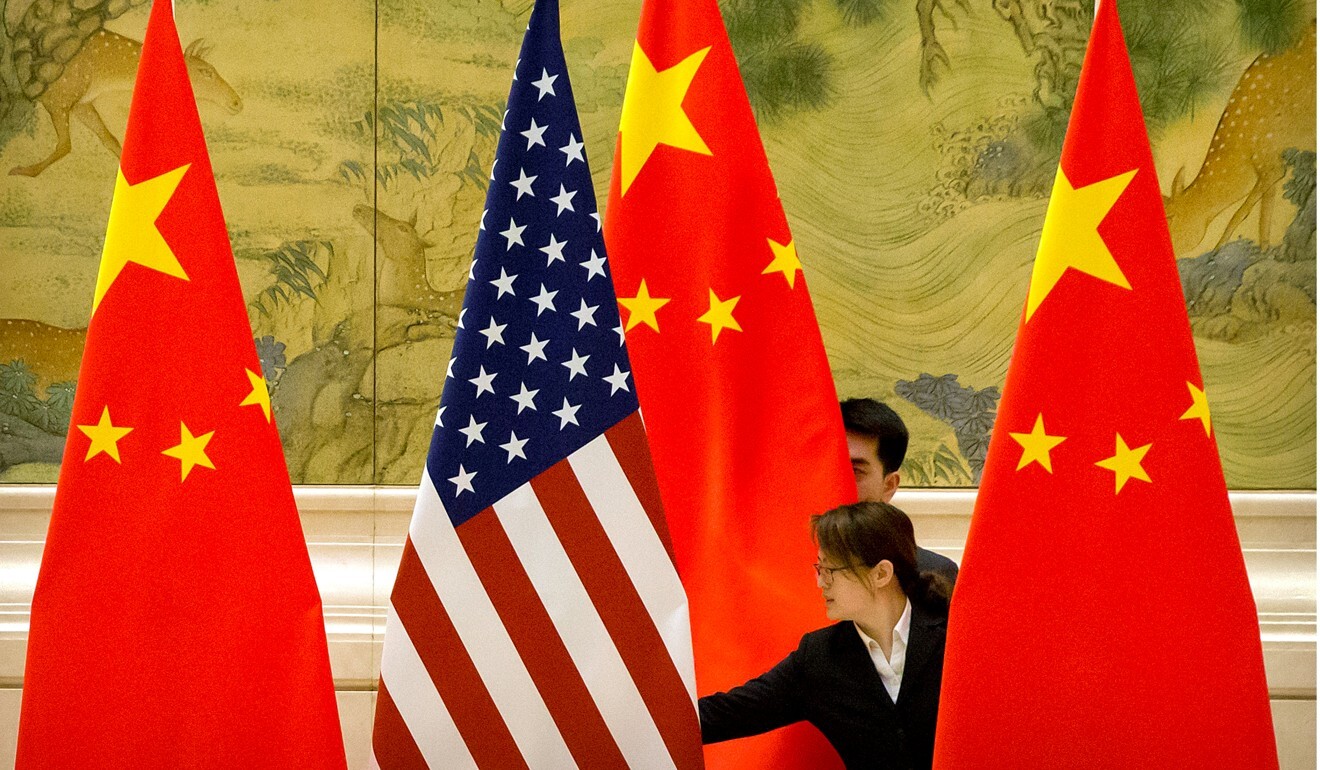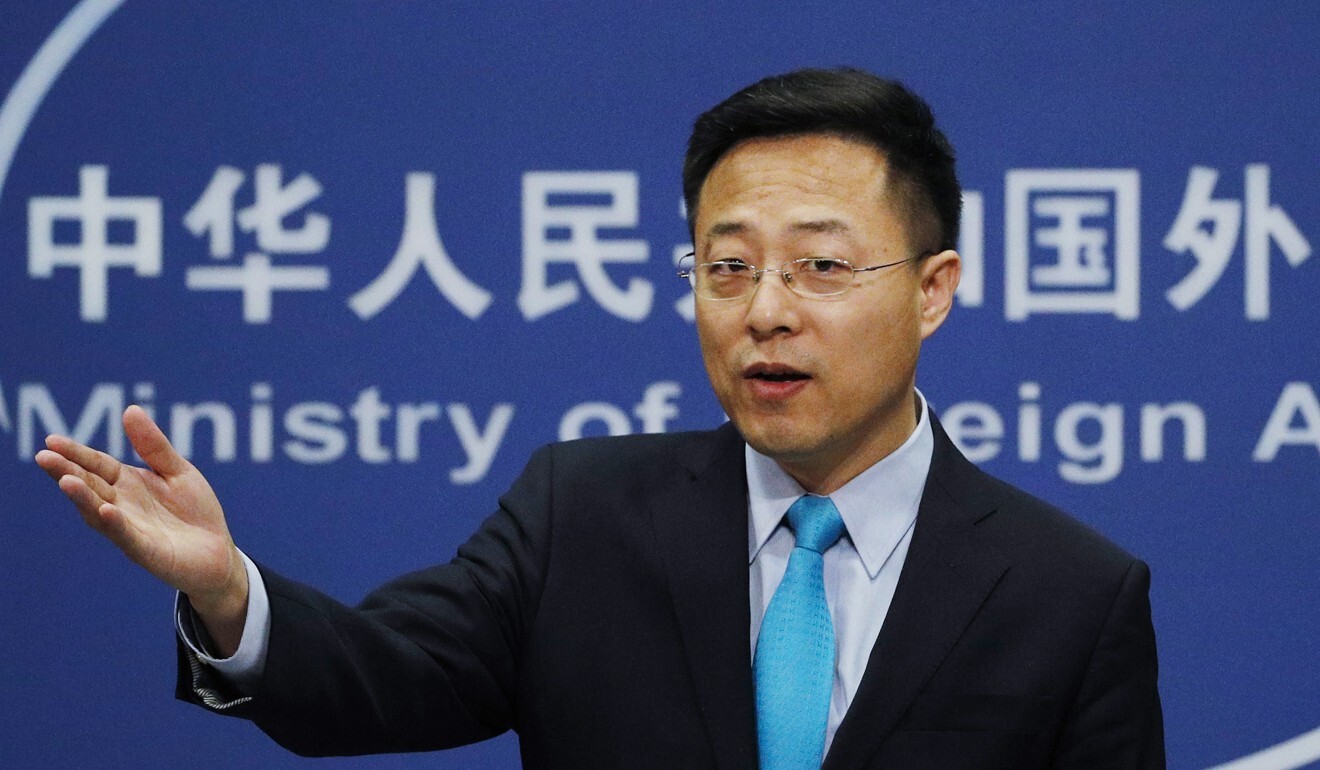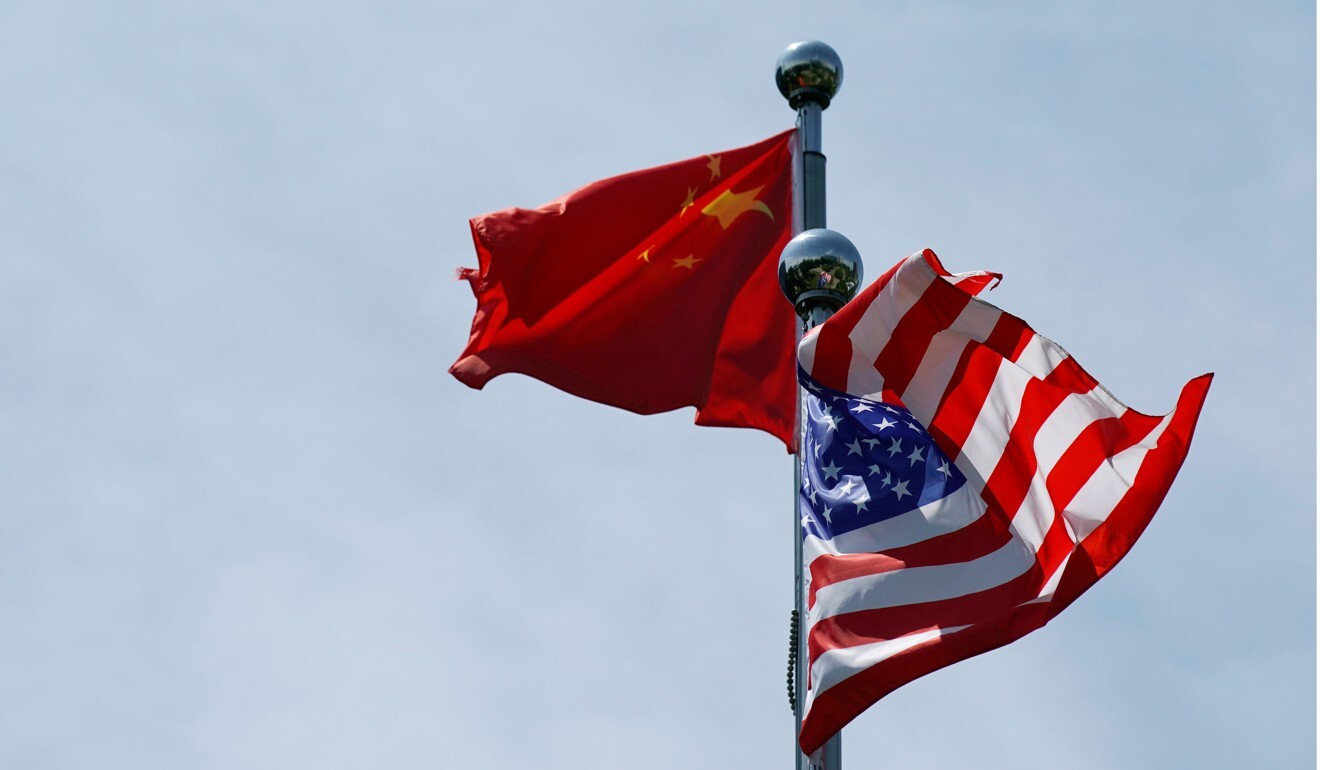
US-China ties: competition, not engagement from now on, Kurt Campbell says
- Period of US engagement with China has ‘come to an end’, White House’s Indo-Pacific policy director says
- Beijing says it ‘firmly rejected the US’ efforts to exclude, contain and suppress China under the banner of competition’
A senior US official on Asia said Washington is seeking to allay fears of the United States’ decline, as it rallies allies to defend the regional order against greater competition from a more aggressive China.
Kurt Campbell, the White House’s Indo-Pacific policy director, said on Wednesday that the “dominant paradigm” between China and the US would now be one of competition, as the period of US engagement with China had “come to an end”.

Campbell delivered his remarks at a virtual event at Stanford University, where he said Washington needed to shore up the effectiveness of its domestic governance to dispel concerns from its allies in Asia on American staying power, and to sustain the “operating system” that the US helped build in the region that was under “substantial strain” from a rising China.
“But one of the interesting things about the United States is our ability to rise up again, almost like a phoenix from the ashes.
“More than anything else, we’ve got to suggest not only to ourselves, but to the entire Indo-Pacific and the countries in Europe that want to work with us in Asia that we’re determined to play that leading role, and clear recognition that … the time has come for the United States to dig deeply into a strategic focus on the Indo-Pacific.”

Analysts in China said Beijing was likely to push back harder in response to the Biden administration’s emerging strategy for long-term competition between the powers. The White House has said it is in the process of developing its overall China strategy after a policy review, but has made clear that China will be a central focus for the administration.
Shi Yinhong, professor of international relations at Renmin University in Beijing, said that South Korean President Moon Jae-in’s visit to the US and Campbell’s remarks both showed that the US was hoping to cooperate broadly with others in all areas to directly or indirectly target China.
“If they can cooperate, then they will cooperate, but the end goal is to diminish China’s space and to suppress and push back on China,” he said. “This will have a very serious impact on China.”
Ding Yifan, a former deputy director of the Institute of World Development at the State Council’s Development Research Centre, said that if the era of US engagement with China was really over, then it would be difficult for any cooperation. But it was likely that the US would adjust its policy after finding that it must cooperate with China in many areas, he said.
“In the past, China was holding onto the mentality of seeking common ground and putting differences aside, but if the US really wants to implement a harsher policy on China, then China will be just as harsh on the US,” he said.

Campbell also said on Wednesday that China was increasingly exerting “harsh power or hard power”, with its more aggressive foreign policy causing issues such as border tensions with India, an economic campaign against Australia, and more military interactions in the South China Sea. A significant factor was the changes in the Chinese regime under Xi, whom he described as “not only deeply ideological, but actually quite unsentimental, even though he had studied in the United States”.
China-Europe relations: Xi ready to work with Montenegro after Lithuania quits ‘17+1’ group
“The closest people that he works with, we never interact with,” he said. “We believe that much of the analysis that’s presented to him is deeply ideological, it’s kind of presented in this context of American domestic struggle.”
He said part of America’s strategy would involve the Quad – the strategic grouping between the US, Australia, Japan and India – that was looking to convene in-person this autumn, and that other countries could also join the bloc.
“I do want to underscore, we’re not set on, this is not a fancy club,” he said. “There are other countries that believe that they’d like to engage and work with us, the door will be open as we go forward.”
Additional reporting by Rachel Zhang and Wendy Wu

